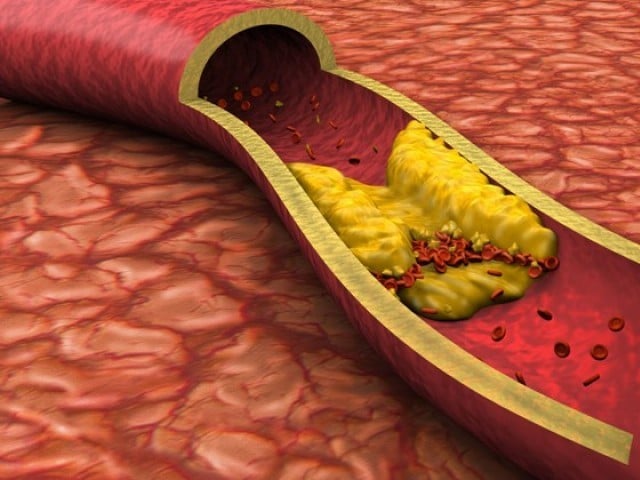
Monash University has developed a promising new drug to treat a genetic condition of harmful LDL cholesterol in which lipoprotein A is overproduced. Photo: File
Australia: A new drug developed for patients with hereditary high cholesterol has shown remarkable results in early trials, reducing the rate by up to 65%.
This medicine is taken orally which can prove to be a cure for previously incurable conditions. Genetically increased cholesterol cannot be normalized by diet, medication, exercise or other measures. It is lipoprotein A cholesterol that increases the risk of high blood pressure, heart disease and stroke. Experts call it a subtype of LDL cholesterol. which thickens the blood and narrows the blood vessels.
Professor Stephen Nicholls of Monash University and other scientists have named the drug ‘myovaliplin’, which is taken in pill form and prevents the body from making lipoprotein A. It achieves its goal by breaking down genetic barriers.
In this regard, experts included 114 people in the clinical trial. Of these, 89 patients were given the new drug and the remaining 25 were given a dummy drug (placebo). The average age of the people in the survey was 32 years. Cholesterol levels were measured by taking blood samples from all participants before and after the trial. In some patients, the amount of lipoprotein A started to decrease on the second day, and at 14 days its amount was reduced by 64%, which is a significant improvement.
However, before the official sale of ‘Muvaliplin’, it will be tested on a large number of patients and any adverse side effects after the treatment will also be tested. It is expected that the drug will be widely available in the next few years.
(function(d, s, id){
var js, fjs = d.getElementsByTagName(s)[0];
if (d.getElementById(id)) {return;}
js = d.createElement(s); js.id = id;
js.src = “//connect.facebook.net/en_US/sdk.js#xfbml=1&version=v2.3&appId=770767426360150”;
fjs.parentNode.insertBefore(js, fjs);
}(document, ‘script’, ‘facebook-jssdk’));
(function(d, s, id) {
var js, fjs = d.getElementsByTagName(s)[0];
if (d.getElementById(id)) return;
js = d.createElement(s); js.id = id;
js.src = “//connect.facebook.net/en_GB/sdk.js#xfbml=1&version=v2.7”;
fjs.parentNode.insertBefore(js, fjs);
}(document, ‘script’, ‘facebook-jssdk’));



